by Peter Dowding
KENNETH BRUCE DOWDING 4 MAY 1914-30 JUNE 1943
My Uncle Bruce Dowding was a lieutenant to Garrow and Guerisse in Marseilles in 1940-41 . He was an Australian who spoke good French as he had lived in France prior to the war as a student and as a teacher. He was betrayed by a man calling himself Paul Cole, and with the others in Pas de Calais who were also betrayed, he was executed in Dortmund 30 June 1943.
I am currently in the process of writing his biography.
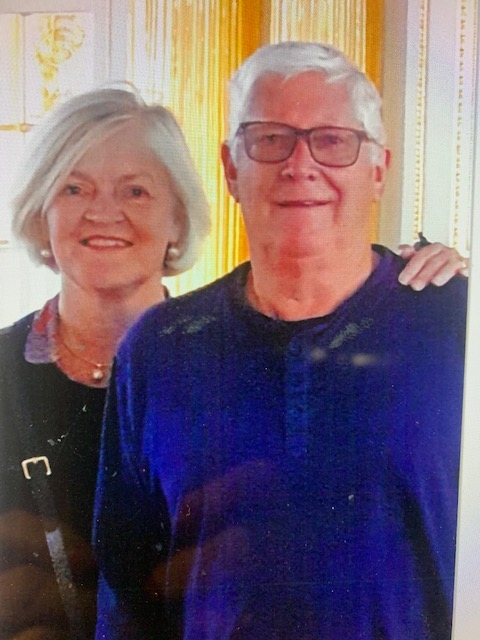
Following the collapse of the Allied Armies in front of the German onslaught, thousands of Allied Servicemen, lost and afraid, were trying to escape from France. Their numbers were swelled by escapees from POW camps and air crew who had been shot down. These thousands swirled around in the crowds of displaced refugees. Over the war years, many loyal French men and women gave these people shelter and assistance.
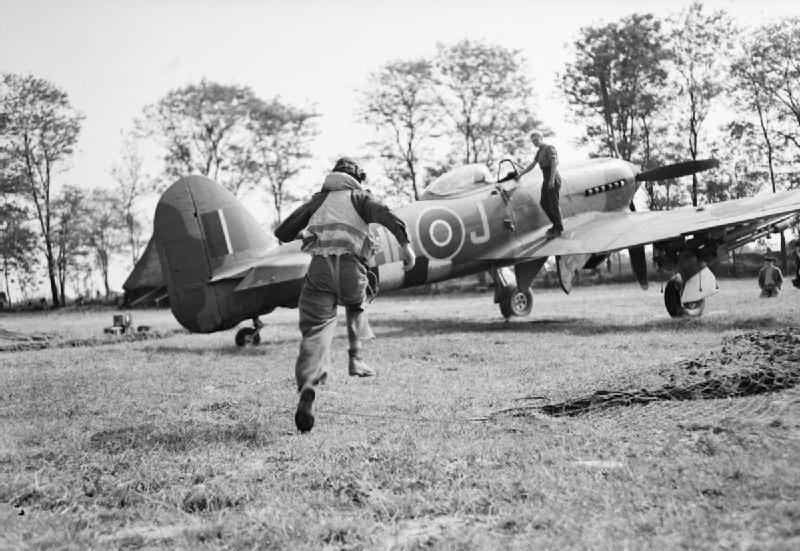
The man calling himself Paul Cole, who let it be known that he was Capt. Paul of British Intelligence, had become part of the Organisation that had provided escorts for many of these servicemen from the Forbidden Zone, in the North, across the Somme into Occupied France, through Paris to the border of the Unoccupied Zone which ran along the Cher and the Loire rivers where they crossed to the relative safety of Vichy France and could make their way to Marseilles.
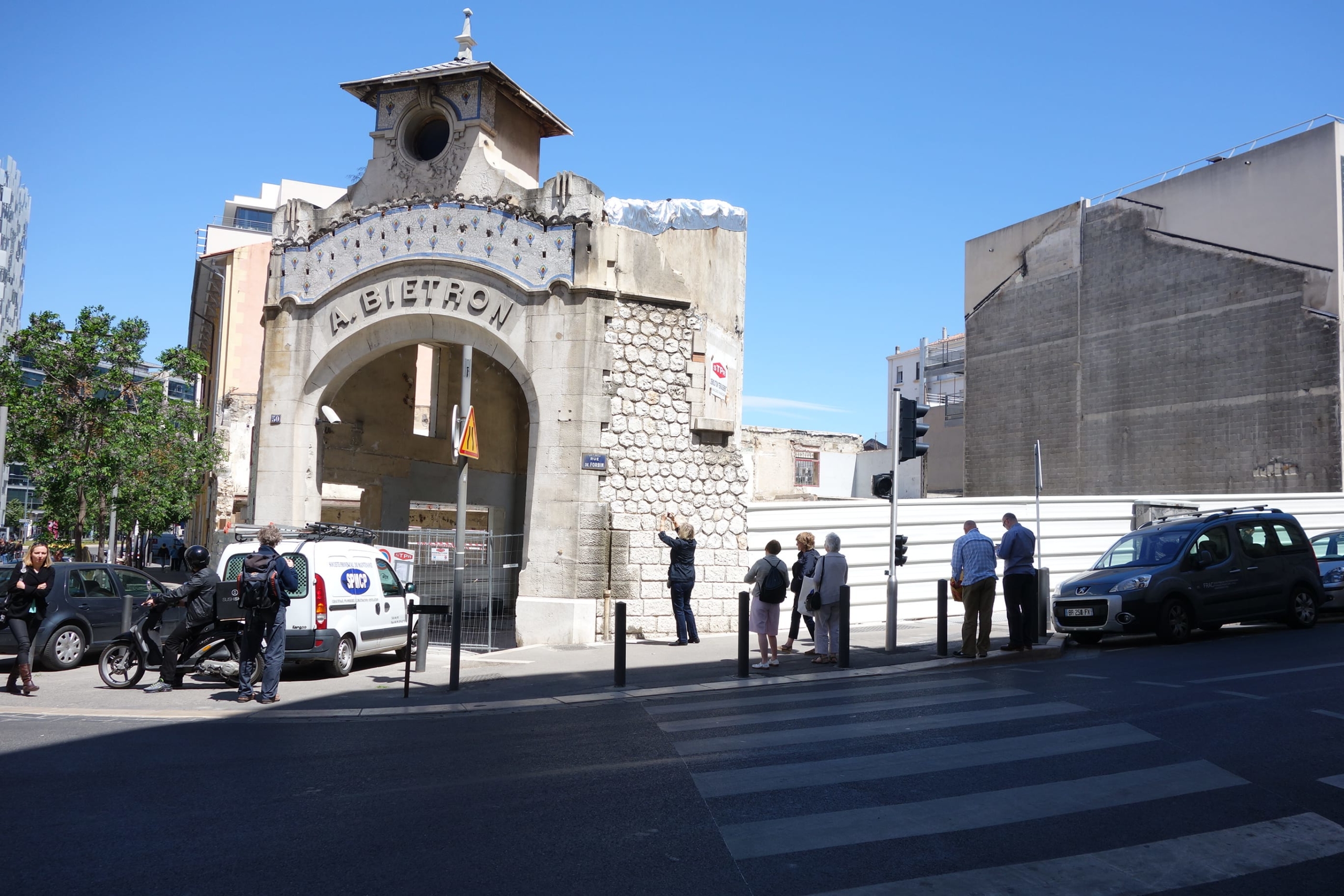
From there the “Organisation” had routes to move them to freedom across the Spanish Border to Gibraltar and beyond. Cole himself and with the assistance of others including a young man Roland Lepers, had escorted some of these evaders, and Cole had taken a key role in organising accommodation and assistance for them as they hid from capture.
Capt. Paul Cole had had three dark secrets.
The first was his name and rank- he was Harold not Paul, and he was a Sergeant not a Captain.
The second was that he had been a truck driver in the Army, never an intelligence officer.
And the third secret was that staying in France after the surrender was not an act of courage; he himself had nowhere else to run.
Cole was wanted by the British Army in France for theft, escaping custody, and most seriously, for desertion. He was also wanted by the Police in Britain for a string of offences – embezzlement, dishonesty and theft. He had been in prison for long stretches including sentences for being an habitual criminal.

Cole knew that money was required to assist the work of the Organisation, very large sums of money, to provide travel, food and clothing for the evaders and to assist the families accommodating them. The British Special Operations Executive (SOE), wealthy French citizens, and hundreds of struggling loyal French men and women had donated and collected funds to help support and move the Allied Servicemen south, together with intelligence information about the German military and air force .
Cole had discovered that the role of liaising with the many members of the networks set up to move men and intelligence towards the South had given him access to this very large pool of money.
He had established relationships with women in the North of France to provide himself with lodgings and safety. And he took every opportunity of siphoning off money for entertaining himself and other women.
In early November 1941, in Marseilles he was unmasked as a thief.
Cole was dangerous- very dangerous – for he knew the identity of the members of the Organisation and the many French men and women who supported it and enabled the movement of the “packages” south, and the identity of the people who provided shelter and false papers. In fact he knew the intimate workings of the Organisation known as the “PAT Line”
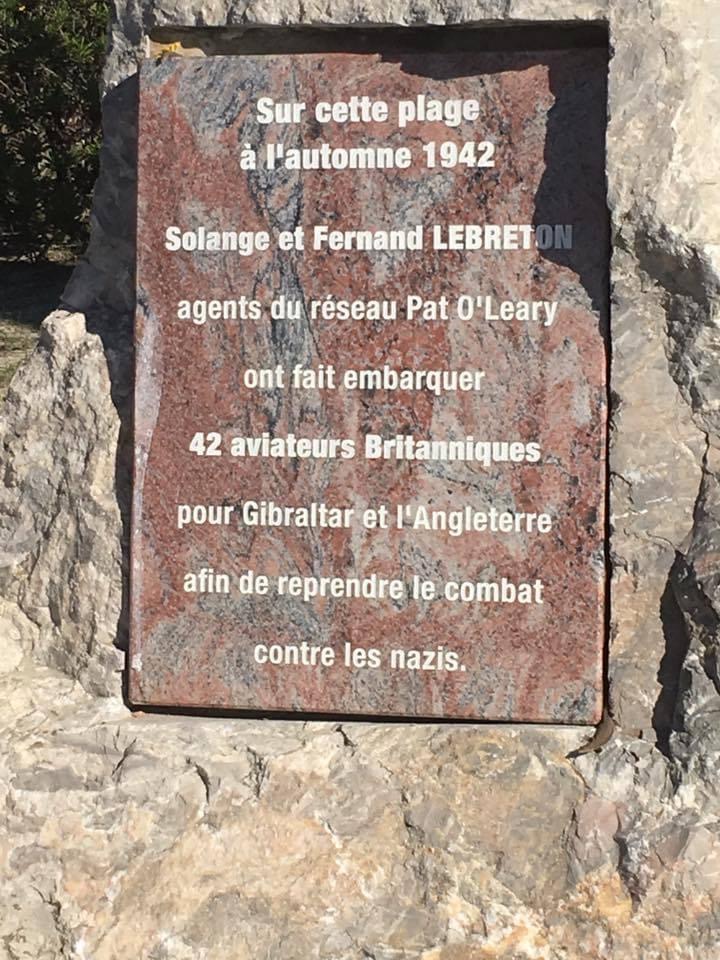
Plaque in Canet at the entry point to the jetée across from the capitainerie
Following the unmasking of Cole, the Organisation sent to the Zone Interdit, one of their trusted lieutenants, the Australian, known as Andre Mason, to warn the many helpers that Cole was no longer to be trusted and he was to take charge of the “PAT line”.
Cole knew Abbe Pierre Carpentier and his many associates who provided the false papers to cross the border of the Zone Interdit at the Somme, who also collected and disseminated intelligence on the Germans.
He knew the proprietor of the Chop du Pont Neuf, the restaurant in Paris that fed many of the evaders as they moved down the line.
He knew the many couriers who guided the evaders south to Marseilles, Perpignan and the Spanish Border.
And he knew the Australian.
In December 1941, Cole betrayed them all.
Andre Mason, the Australian, was born Kenneth Bruce Dowding in Melbourne Australia and always called Bruce. He had grown up in a peaceful working class suburb of Glenhuntly.
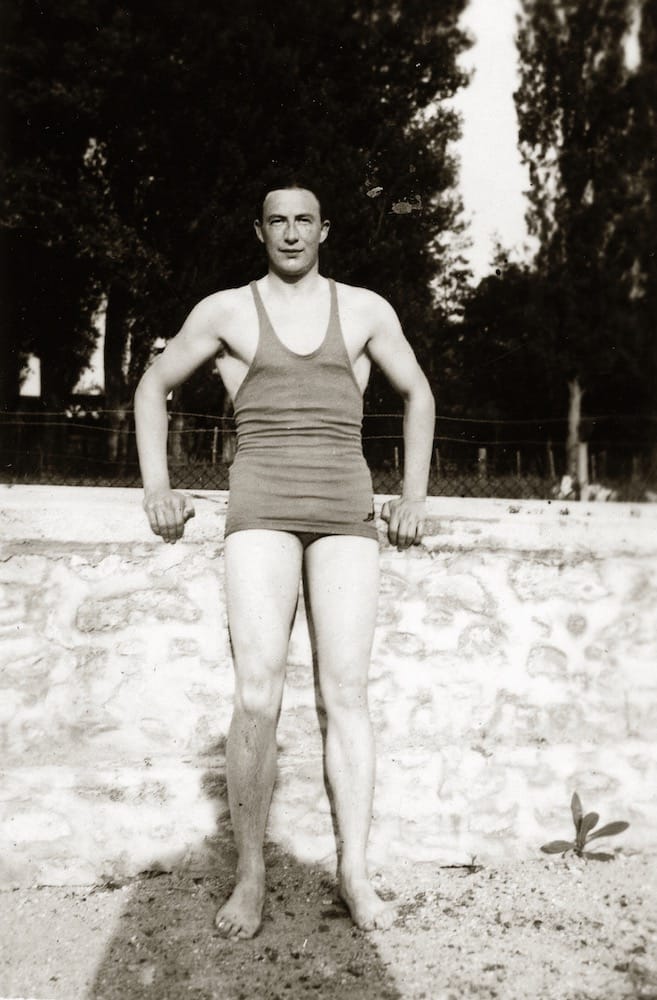
The youngest of 3 brothers, and the idol of his mother’s eye, he was intelligent and engaging, he charmed older women who felt very maternal towards him, and as he grew up he developed the ability to enjoy the company of many people. He was very strong and a good sportsman. He loved music, architecture and the classics; but his passion was to speak French like a Frenchman.
After matriculating from a prestigious Melbourne private school, Wesley College where he had obtained a scholarship to study, he enrolled part time at Melbourne University in French and History and at the same time he took a job as a teacher at his old school.
In 1937, when he was 23, he quietly arranged 12 months leave, to undertake a 3 month French course at the Sorbonne in Paris.
He left Australia in January 1938, travelling by French shipping lines via Noumea , Tahiti and the Panama Canal, to Marseilles, finally arriving in Paris in March 1938.
He quickly established a life for himself in Paris, almost immediately becoming friends with a young Swedish painter and musician Max Bilde and his beautiful sister Ebba Greta.
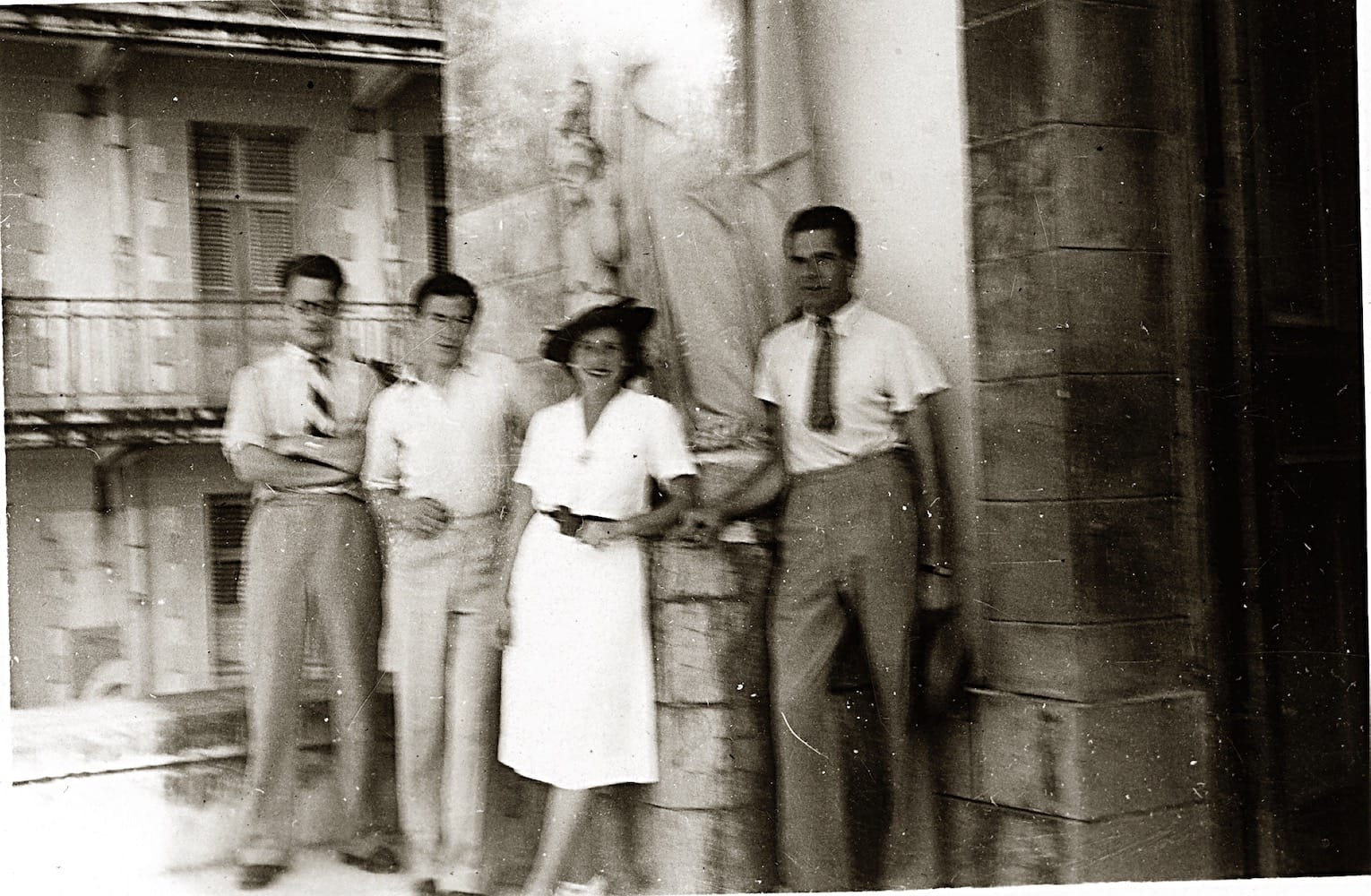
He had promised his distressed Mother that he would return to Melbourne as soon as he completed the Sorbonne course but in October 1938 he wrote, in his weekly letter to his family, that despite the “war scare” (the signing of the Munich Agreement in September 1938) he wanted to extend his stay in France.
He obtained a position for a year as a house master at the Ecole Normale in Loches, where he was able to receive free board and lodging and at the same time undertake some paying teaching lessons at the local schools in Loches.
For the next 12 months his routine was to travel to Paris each weekend to stay with Max’s mother, Madame Bilde, Max, and Ebba Greta.
In the summer of 1939, his friends returned to Sweden and Bruce obtained some work and accommodation teaching English to families, but his family pressed him in their letters to return to Australia. In his weekly letter to them he wrote about his feelings and said that he felt he had to stay to assist France, the country he had come to love and the French, the people which now meant so much to him.
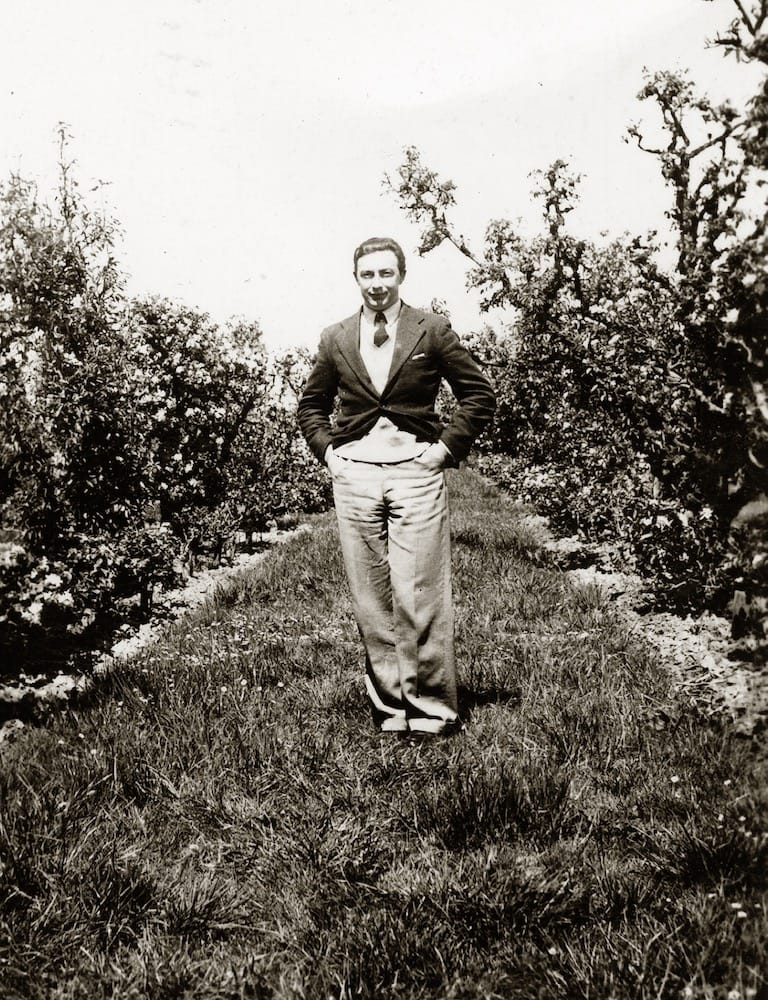
By December 1939 Bruce’s weekly letters to his family ceased.
He could speak perfect French and he volunteered to act as an interpreter with the British Service Corp. He was appointed Corporal Dowding S/131722. In May 1940 he was captured near Boulogne and placed in a POW camp at Loiret from where he escaped in August 1940.
He made his way to Marseilles arriving later that year and very quickly established himself a lieutenant to the British officers who were organising escape operations for the thousands of servicemen in the area.
Nancy Wake, also Australian and prominent figure in the French Resistance wrote in her biography “the White Mouse” ”………..Australian, Bruce Dowding from Melbourne, joined the organisation. We fell upon each other like a lost brother and sister, and Henry took us out to dinner to celebrate. ….. Bruce was proud of being Australian but he’d acquired the polish of a sophisticated European.
For a time he was in Perpignan in charge of moving evaders to the Spanish border. Later he was based in Marseilles working with Albert Guerisse otherwise known as Pat O’Leary, appointed by SOE to head the PAT Organisation.
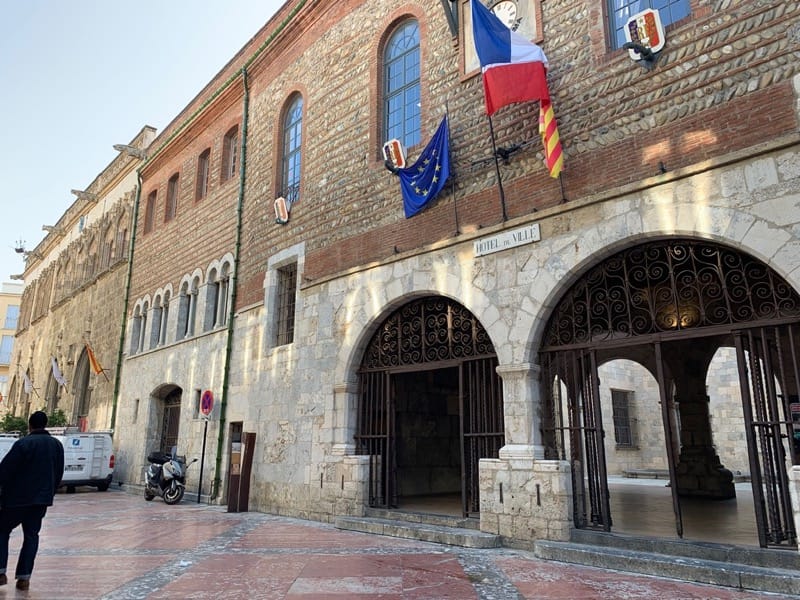
It was to Marseilles in November 1941 that Francois Duprez travelled from La Madeleine to warn the Organisation that Cole had stolen very large sums of money and could not be trusted.
Dowding, O’Leary’s trusted lieutenant and others confronted Cole at the Marseilles apartment of Dr. Rodocanachi, locking Cole in a bathroom whilst they discussed what they should do with him and whether they should kill him.
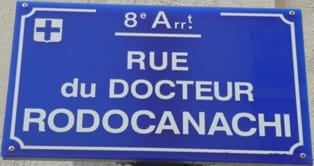
Cole escaped from the bathroom window and fled Marseilles.
Bruce and O’Leary immediately set out for the North to warn the people in the area that Cole was not to be trusted, indeed might be a traitor.
On the journey, whilst waiting for a train connection at Amiens, Bruce- always the man of culture- insisted on visiting the beautiful ancient Amiens cathedral because it was one of a few major cathedrals he had not previously visited.
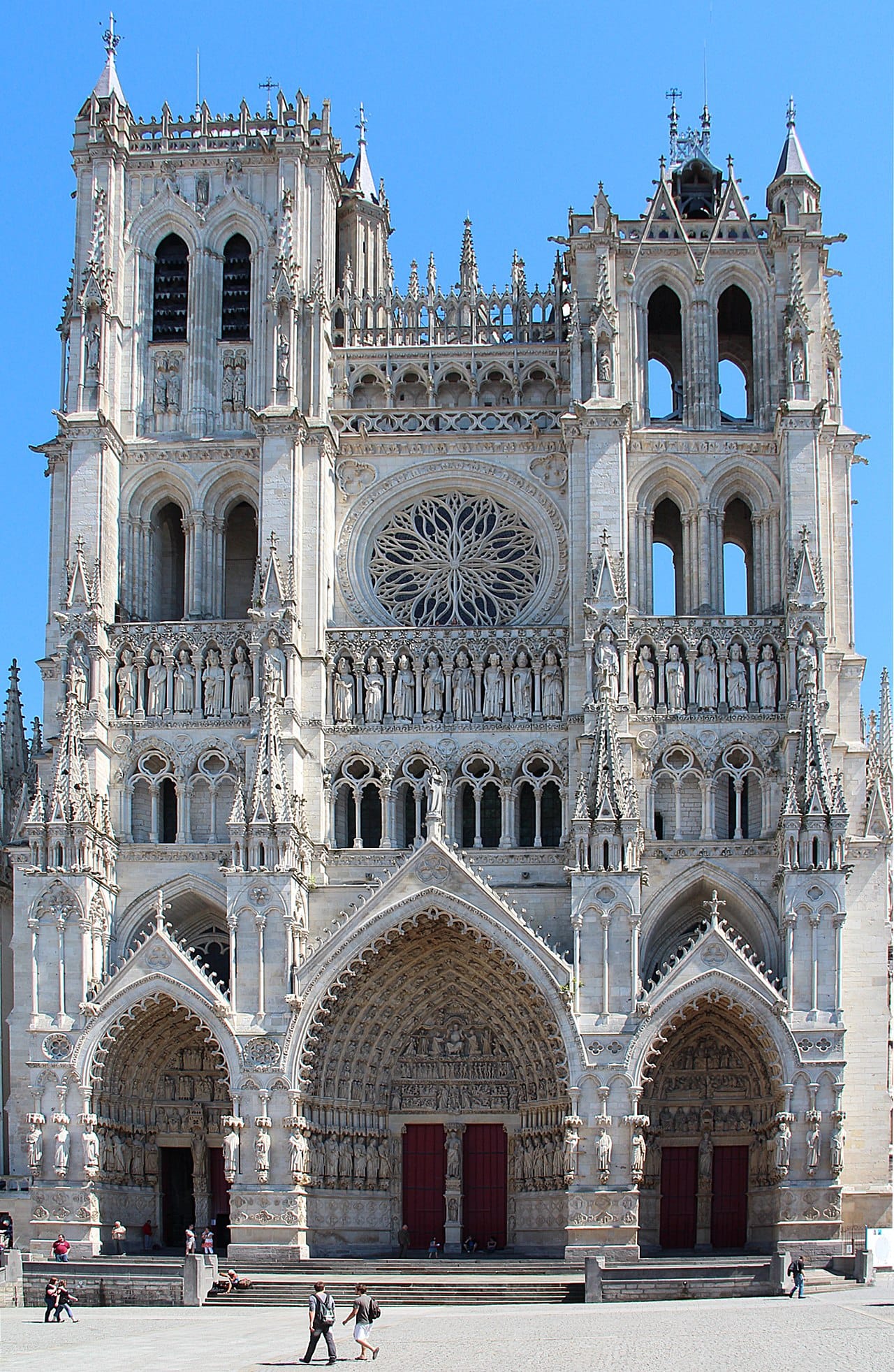
When he arrived in the North, under the name of Andre Mason, he set about visiting the members of the Organisation to warn them about Cole and to coordinate activities of the group.
Francois Duprez and his family accommodated Bruce for about a month, he then took a room at Lille and enrolled at Lille University as a law student to obtain a set of identity papers.
There are now many books written after the war, in French and English that record the events that unfolded.
Cole was arrested by the Gestapo on 6 December 1941 and immediately confessed to his role in the Pat Line. He named many of the people that he had worked with in the North.
It was, according to his interrogator, not necessary to use any force on Cole, he just gave name after name and details of the operations. Over the next few weeks Cole took the Gestapo to the houses of the members of the organisation, first in the Lille area and surrounding towns, and later to Paris.
Many arrests of loyal men and women followed. Bruce was himself arrested at Burbure on 8 December 1941 Those arrested included Francois Duprez and Abbe Carpentier.
Over the next few weeks many people in the Zone Interdit and in Paris were betrayed by Cole to his Gestapo masters and all thrown into prison.
Kept in appalling conditions in Lille prison with the others, Abbe Carpentier was finally able to smuggle out a letter to the Organisation denouncing Cole as the traitor.
In April 1942 a Military Tribunal in Lille requested that “a group accused of spying, acting in favour of the enemy and possessing arms and guns be sent to Germany” under the Nacht und Nebel decree of December 1941.
On 8 May 1942 Bruce, Abbe Carpentier , Raphael Aiello, Wladimir De Fligue, Maurice Dechaumant, Madeleine Deram ( Van Houtteghem), Desire Didry, Protais Dubois, Marcel Duhayon, Francois Duprez, Alfred Lanselle, Henri Picot and Eugene Ringeval , were herded onto a railcar with about 60 others and transferred from Lille to St-Gilles prison Brussels .
On 5 August 1942 they were transferred to Bochum in Germany. As Alfred Lanselle later wrote “on 5 August 1942 we were handed to the SS Feldgendarmes at the station of Aix-la-Chapelle. They beat us like plaster and we were not able to get up any more. Surrounded by these thugs for two hours, we waited for the train. They fired guns to make us get in and guns and more dogs to get out. We climbed into the trucks and we were unloaded at night in the prison where they threw us all crammed into cells already filled with people most of whom were sleeping standing up
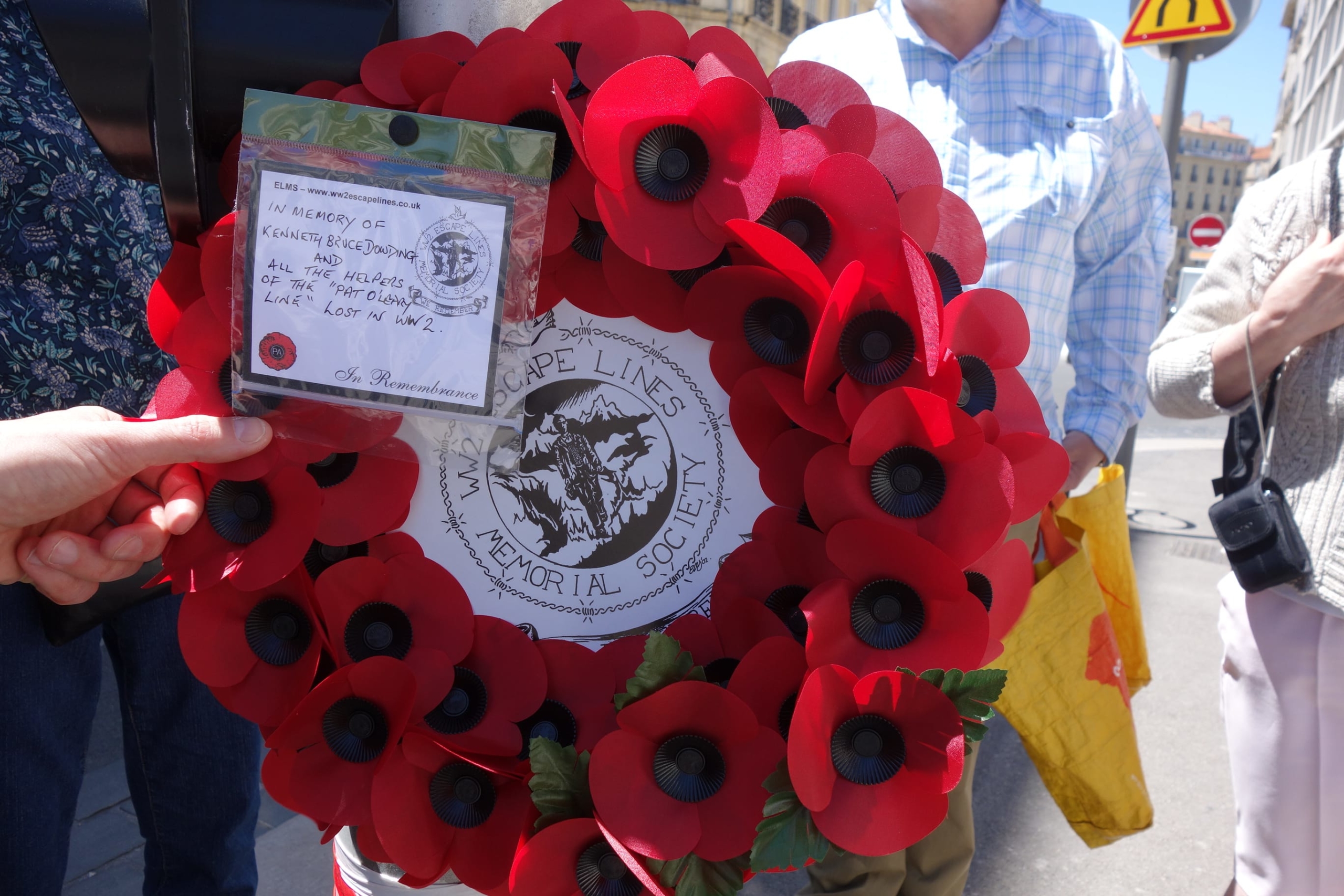
A “trial” was held in April 1943 in which Madame Deram received a sentence of 5 years, Francois Duprez‘s sentence of death was commuted to life imprisonment. The following were to be executed: Abbe Pierre Carpentier, Désire Didry, Bruce Dowding, Protais Dubois, Marcel Duhayon, and Eugene Ringeval.
At 7pm on the 30 June 1943 at Dortmund prison the beheading commenced.
That night 3 Belgian patriots were also executed Rene Adams, Rene Bouillon and Rene Swaelus.
According to some sources, the prison record stated that the offence of all those decapitated was that “the condemned sheltered in 1940 to 1941 English Soldiers secretly present and encouraged Belgians to enlist in the English Army. Duhayon and Carpentier did moreover, collect important military information”.
Cole spent the war working with the Gestapo in Paris and entered Germany with the retreating Germans. He then swapped sides deceiving the Americans and British in Germany again posing as a British Intelligence Officer and using the surname of “Mason”, the nom de guerre used by Bruce, until he was hunted down by SOE and taken back to Paris.
Cole once again escaped and lived with a woman above Billy’s Bar in Paris. In January 1946 he was questioned by Gendarmes “looking for deserters”. Cole pulled out a pistol and was himself shot dead.
It was not until 1946, after the war had ended, that Bruce’s family ever knew of what had befallen him. Letters came from survivors of the Organisation and from Father Steinhoff, the German Priest who had attended the executions.
Bruce’s mother, who had loved her son so dearly, became ill at the news and died in 1948.
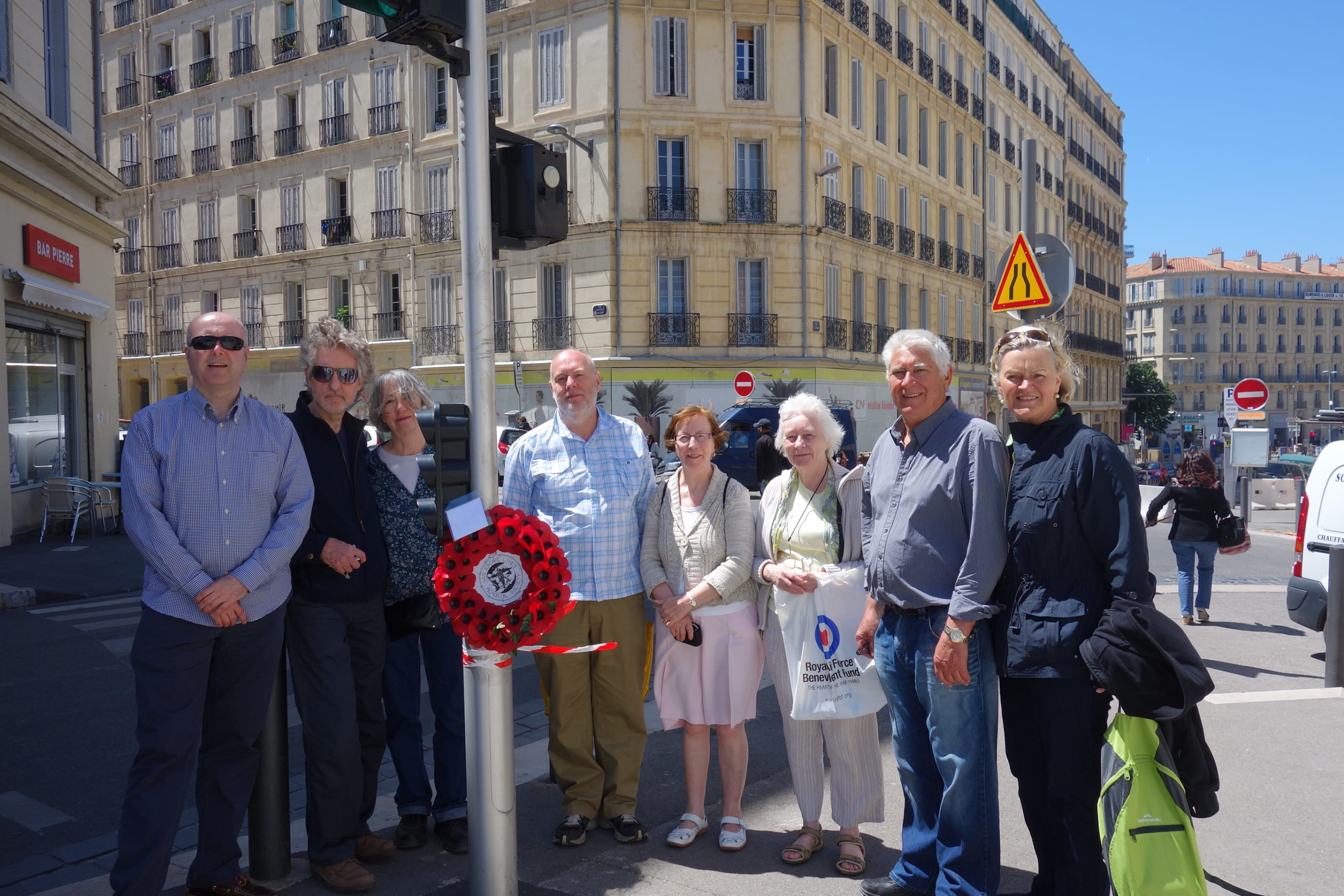
In 1948 the remains of those executed at Dortmund were identified, and Bruce’s remains were moved and reburied in the British War Cemetery at Kleve.
Those executed that night, the 30 June 1943, have been honoured in their own communities.
Bruce Dowding was “Mentioned in Despatches “by the authority of the British King on 9 August 1946
On 12 February 1948 the French Government wrote to the Australian Government trying to locate Bruce’s family and to gain Australian Government approval to “posthumously to confer upon him the Cross of the Chevalier of the Legion of Honour stating that he “had escaped from a prisoner of war camp and entered the Resistance in 1941 and was killed by the Gestapo”. Unfortunately the Australian Government appears never to have replied. His family has asked the French Government to renew the offer of an award.
In 1946 L H Nouveau who had been one of the Organisations significant supporters in Marseilles wrote a book of his experiences “ Des capitaines par milliers “ and dedicated it to three people including Bruce Dowding.
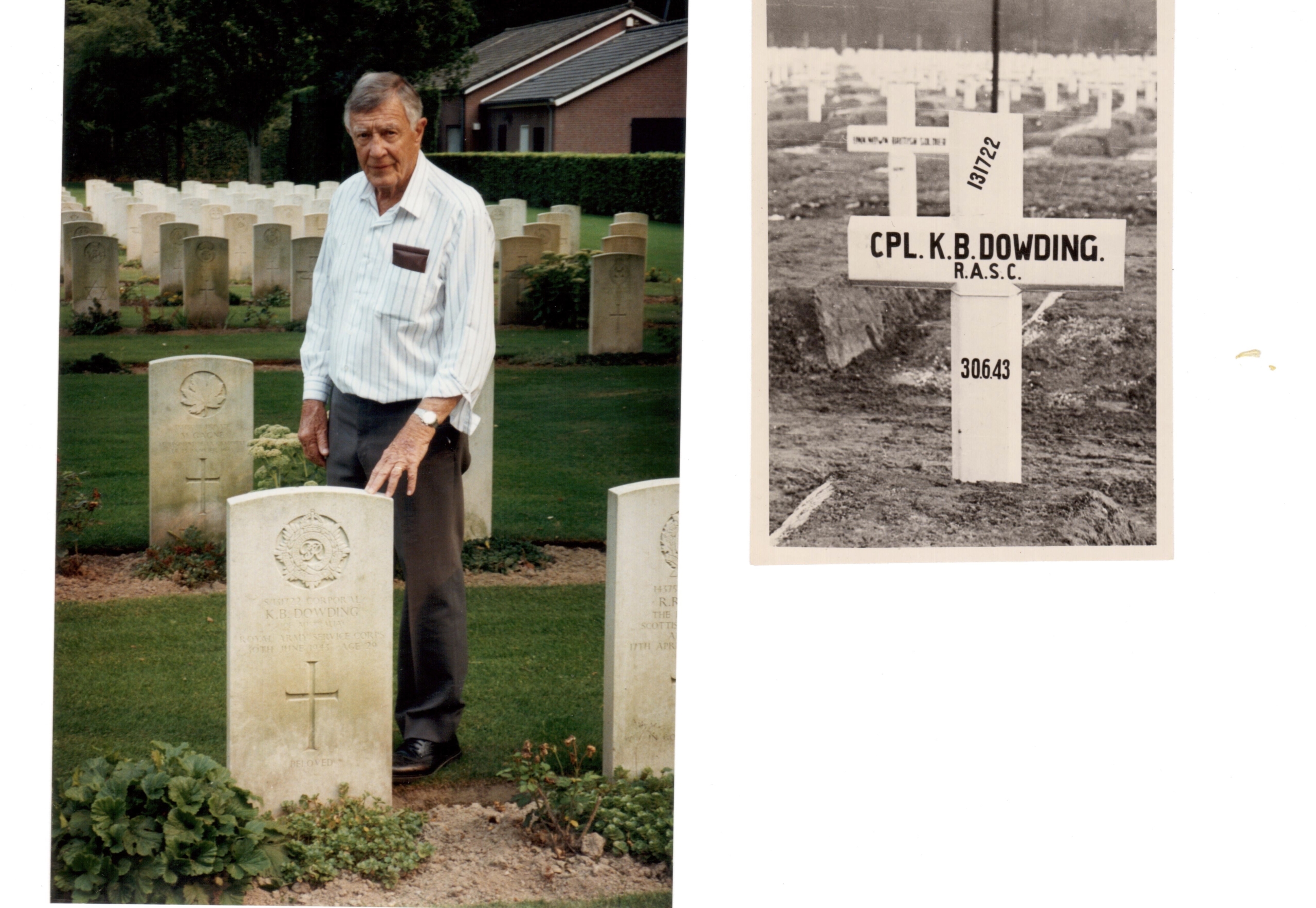
This is written by Peter Dowding, Bruce’s nephew in memory of Bruce and of my father and his family who lost their beloved Bruce and grieved for him for the rest of their lives
But it is also written to honour the millions who struggled and gave their lives for our safety.
Peter Dowding
Fremantle, Western Australia



I should be delighted to hear direct from any one interested in this story. pdowding@peterdowding.com.au
I hope that our book about Bruce dowding will be out next year – the 80th anniversary of his death.
Thank you for your interest.
Hello,
I am Christine, the daughter of Roland Lepers in France. We got in contact threw Mr jean Michel Dosiez in the North of France, and did not have any informations at that time about the relations my father and Bruce had during they engagements in the Pat Line. Since, I am certain he did meet Bruce for the first time in November 41 in Marseille, and Roland accompanied Bruce in the north, to present him, after Cole ran away from the Rodocanachi flat the 2 November 1941.This is notified on documents I received
I just read what you have written about your oncle’s story. I am using some informations, as I am writing, but only for my family, and a few close friends, my own biographie, which includes the story of my parents.
Bonjour,
Bruce Dowding est titulaire de la médaille de la Résistance française.
Gestionnaire de cette décoration, je souhaiterais être mis en contact avec un de ses descendants.
Merci de rappeler le courage et l’engagement de Bruce Dowding . Étant moi-même originaire de la région d’Abbeville je me suis beaucoup intéressé à l’ensemble de cette affaire il y a quelques années. Je suis heureux de savoir que la mémoire de Bruce Dowding est toujours honorée depuis l’Australie ! Nous n’oublions pas …
Quelques photos en relation avec cette histoire dont une de la maison de l’abbé Carpentier ( Bruce était me semble t il dans le jardin en train de s’échapper lorsque la gestapo accompagnée de Paul Cole est venue arrêter le prêtre)
https://www.flickr.com/gp/bdlefebvre/4798o339x3
Fascinating and thank you
May I ask how far on you are with the biography? I ask because I am particularly interested in Pat O’leary/ Guerisse, and would appreciate the opportunity to liaise with you.
Paul Watkins
Peter,
J’ai trouvé ton site internet.
Félicitations et bravo pour ce que tu fais car il ne faudra jamais oublié ce que les nôtres ont fait pour l’humanité.
Amicalement.
Jean Marie Duhayon
France
Thank you for telling us of one more extraordinnary example of courage.